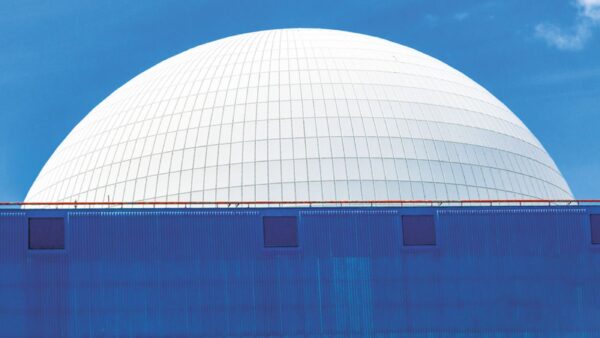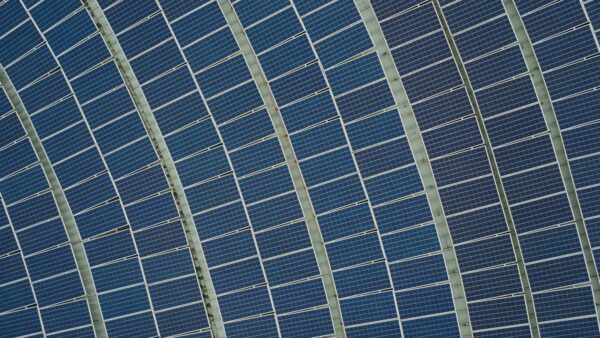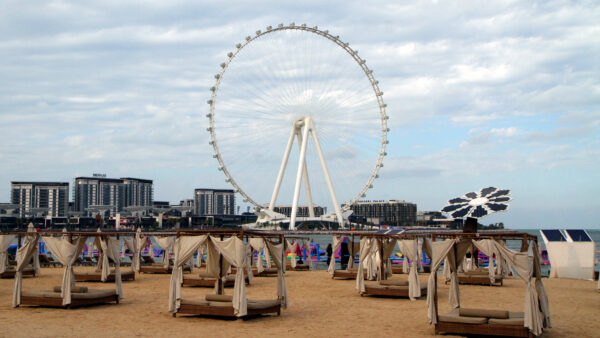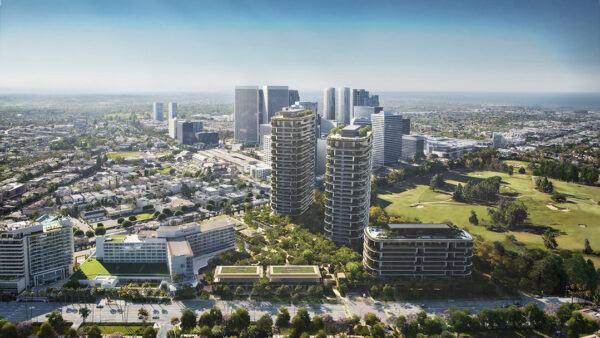Reykjavic, the capital of Iceland, plans to end urban sprawl, promote electric vehicles and increase public transport in a bid to become carbon neutral in the next 24 years.
The action plan, released by Mayor Dagur B. Eggertsson, would see 90% of all new homes built within the current urban boundary, and fossil-fuel stations “extinct” from the city by 2040.
By 2030 the ratio of automobile traffic will have dropped to 58%, while public transport will be at 12% and walking and cycling traffic will be at 30%.
And with electric charging stations in all city car parks and outside municipal buildings, by 2040 emissions from automotive traffic and public transport will be free of greenhouse gases, the plan says.
“Cities play a key role in the fight against climate change. They can react quickly and have many possibilities of enacting change,” Mayor Eggertsson said.
Many cities have ambitions to reduce carbon, but Reykjavik has something of a head start.
It started using geothermal energy sources for central heating in 1930, and now all homes in the city and neighbouring municipalities are heated this way.
Read more here.
Image: Reykjavik from the air (City of Reykjavic)
Further Reading:






